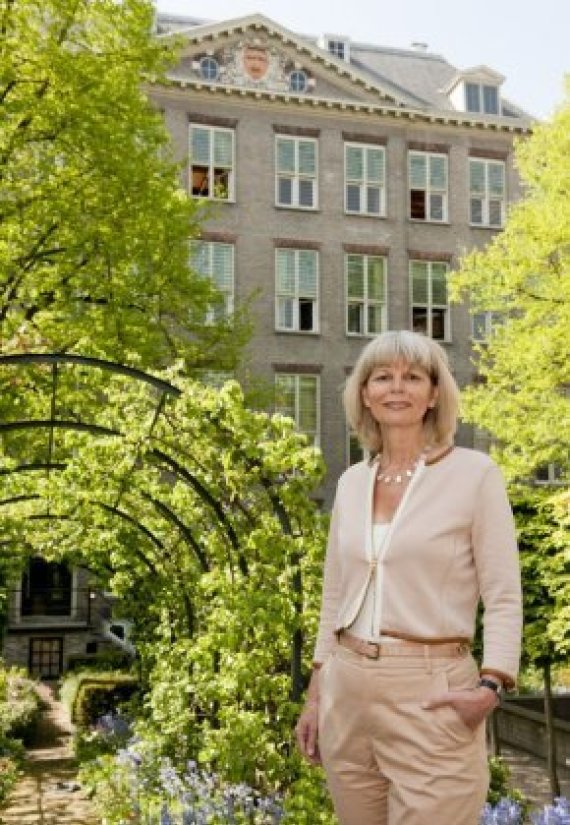José van Dijck. Photo: Milette Raats
Science is becoming more of a team sport. In the annual addressing José van Dijck calls attention to the ‘we’ in science. Researchers are working more and more in teams she recalls.
And according to her, teams become better with diversity. That is why women and researchers of non-western descent must be proportionally represented in all levels of science.
‘We are on the right track regarding the proportion of women’, according to Van Dijck, ‘but it can really be improved, especially in the higher managerial ranks of the university and in the research directors.’
This is also the case for researchers of non-western descent. ‘ At the Hubrecht Instituut they have more than thirty nationalities, at the Netherlands Institute of Ecology around twenty. But for the population of directors and research directors such a diversity does not exist: they are currently mainly white, with a couple of exceptions.’
This is not easy, she adds. ‘This requires policies, which are not only directed at educating and attracting women and non-western researchers, but also their flow to higher ranks.’
Many problems in science also ask for cooperation between disciplines, she adds. The art to rise above the disciplines does not receive enough appreciation. ‘Large science awards are mainly awarded to top players in a small groups of mono-disciplines, for example the Nobel prize in the categories physics, chemistry, medicine and economy.’
We are on the right track regarding the proportion of women
José van Dijck, president of the KNAW
Van Dijck dreams of a different type of science prize: a prize for science, impact and curiosity. Which should go to a team ‘in which young and old, man and woman, and researchers of diverse disciplines and cultures work together on the solution of an urgent problem.’
Also within the Academy more attention is needed for this, she shares with the society of top scientists. ‘Recently there was a discussion about whether one should admit members who predominantly had joint publications, so publications together with other people, on their name. I think we need to realise during the selection process that expertise across discipline borders and working in large teams actually has increased plus points.’

